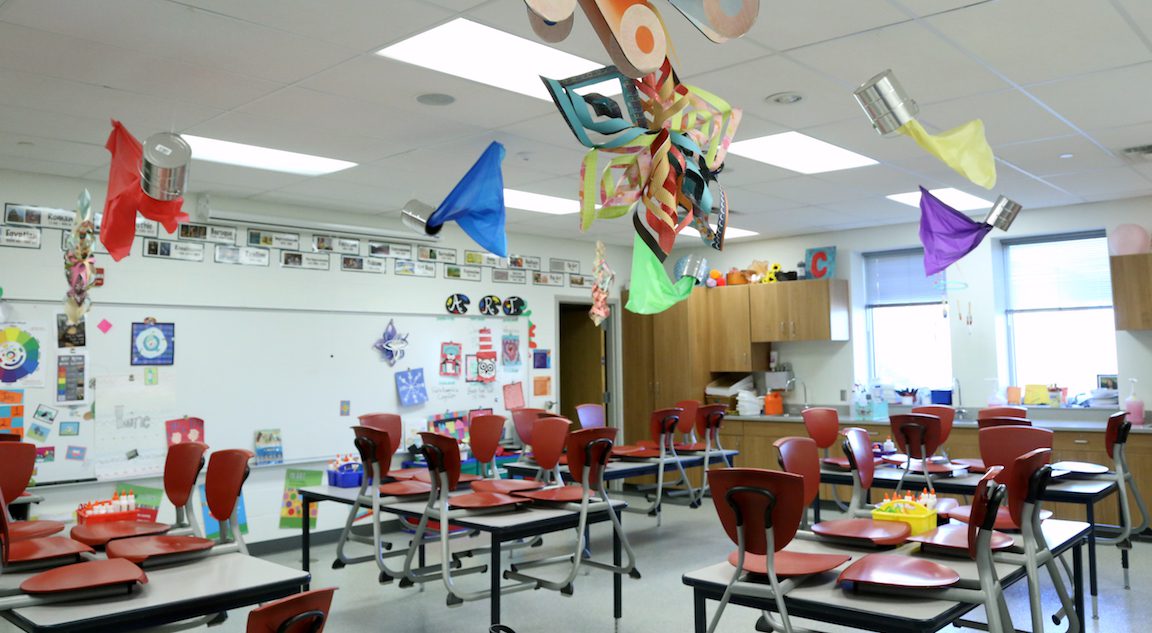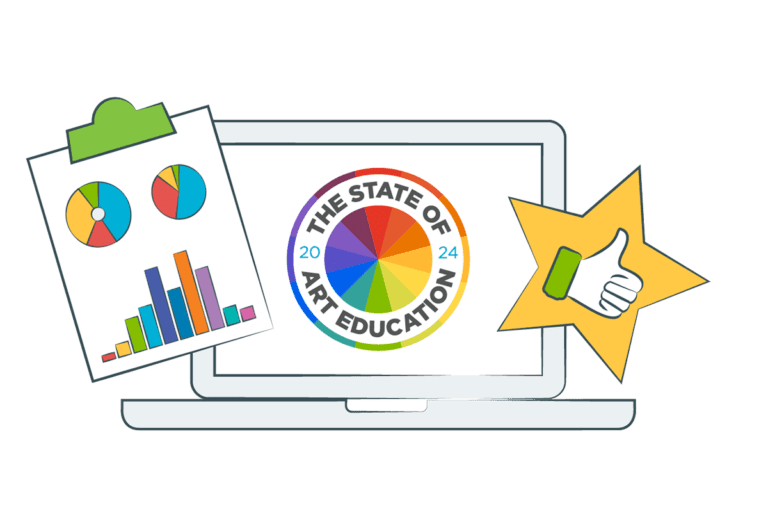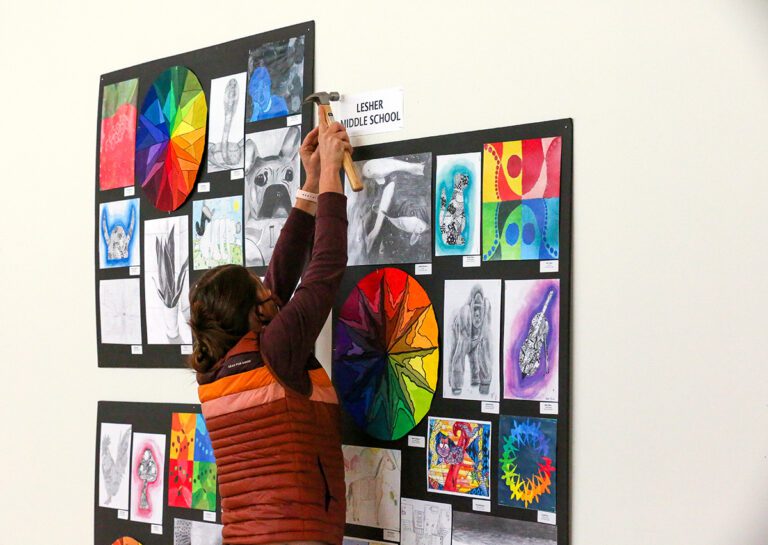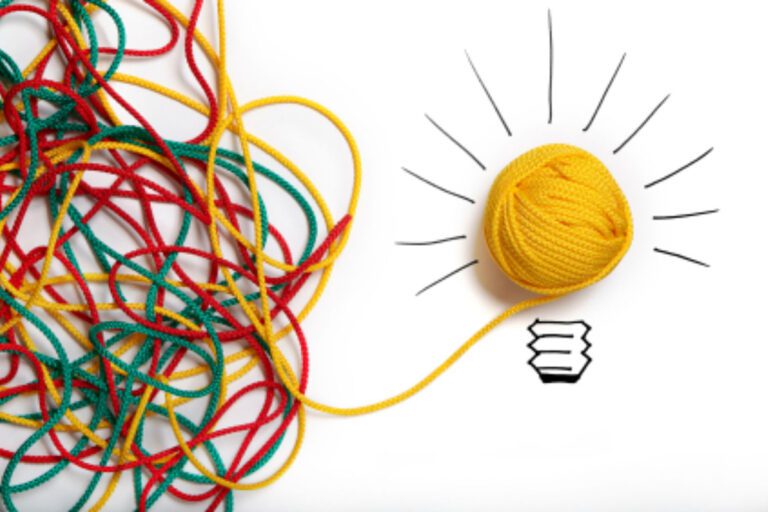There’s no doubt art educators are a special bunch. Some might even say we’re superhuman. When we combine our passion, ingenuity, and knowledge, we can inspire our students’ creativity to last a lifetime.
In short, we are kind of a big deal. The same thing goes for other “Specials” teachers. Music, physical education, and library and technology educators all belong on our superhero team. Together, we teach 21st-century skills and introduce concepts essential to student success.
The term “Specials” does not do our practice justice.
The name “Specials” has long been a prickly subject for art educators. Yes, we are special, but we don’t want to be called that. It confuses students and parents with the important and integral field of Special Education. It also suggests our content is optional or extra fluff.
Along with the other “Specials,” art teaches the essential and integral parts of being human. We emphasize healthy lifestyles and physical movement. We encourage curiosity in the world around us. We teach students how to express themselves. Moreover, we are helping prepare students for vocations and roles in technology that do not even exist yet by “thinking outside the box.”
Fortunately, the data is on our side as to why we should instead be considered “Essential.”
Physical Education
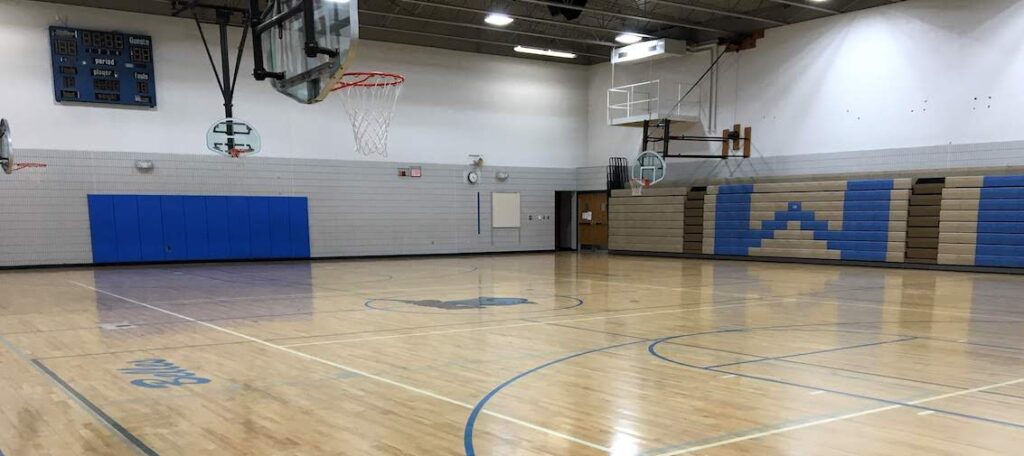
As for physical education, the need could not be more critical. The lack of exercise and healthy nutrition has led to an obesity crisis in The United States making it the number one health concern for children.
Obesity puts kids at a greater risk of serious illnesses, including heart disease, type 2 diabetes, several types of cancer, bone and joint problems, sleep apnea, and mental health issues like depression. According to The Centers for Disease Control, in the United States, the percentage of children and adolescents affected by obesity has more than tripled since the 1970s.
Library
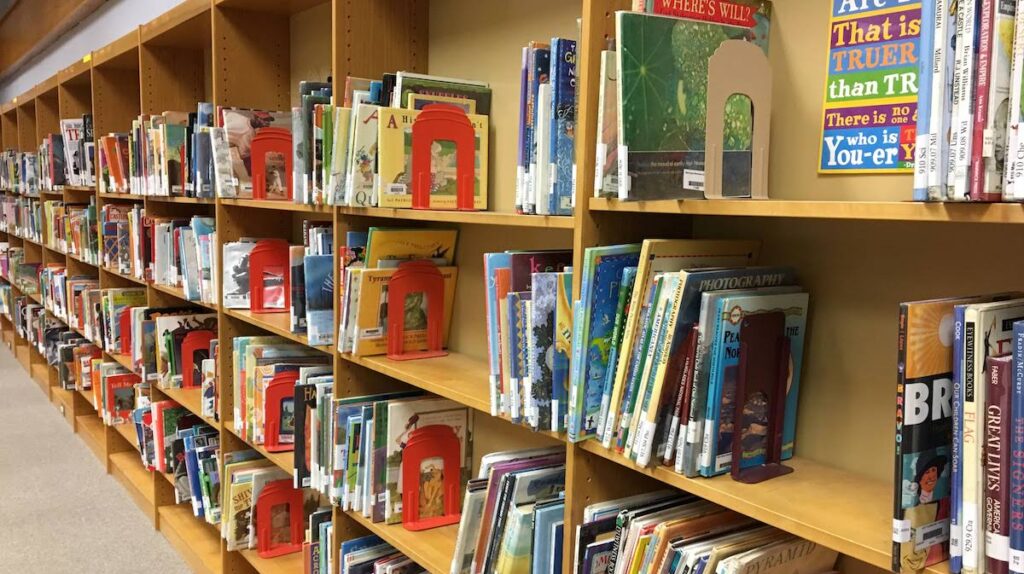
The evidence is also clear that libraries help build healthy communities. Librarians do so much more than help students find and check out books to take home. According to the Brookings Institution, libraries and librarians contribute two particular strengths to advance a culture of health: accessibility and trustworthiness. In a culture where anything and everything can be found online, libraries are a safe place for everyone to find the real answers. Furthermore, school librarians are often asked to take on a wide range of duties, irreplaceable to the culture of the building.
Music
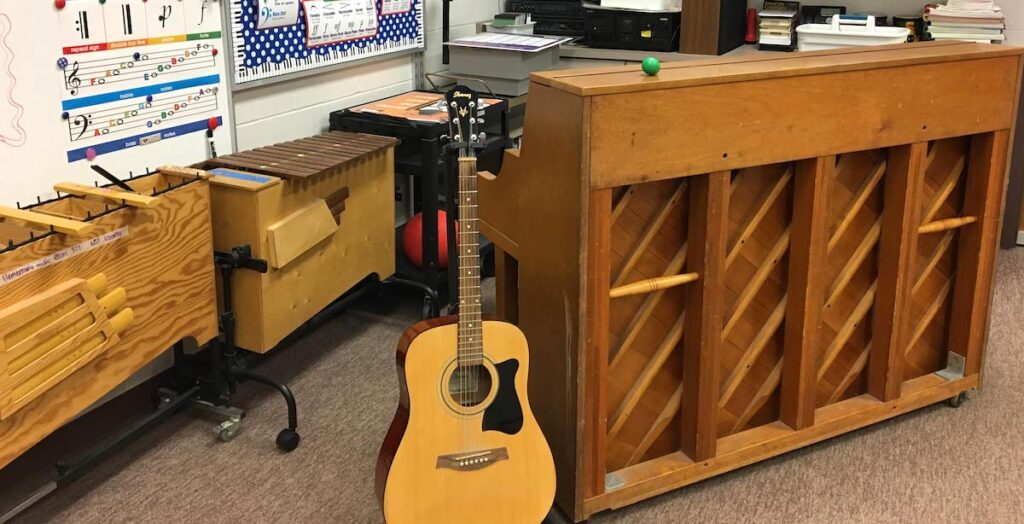
No one can argue against the importance of music education, either. Research shows, “A music-rich experience for children of singing, listening, and moving is bringing a very serious benefit to children as they progress into more formal learning.” It is especially helpful with language competence, brain development, and healthy emotional regulation. Standing as its own mode of communication, music, and the appreciation of anyone who creates it, is really a universal language.
Technology
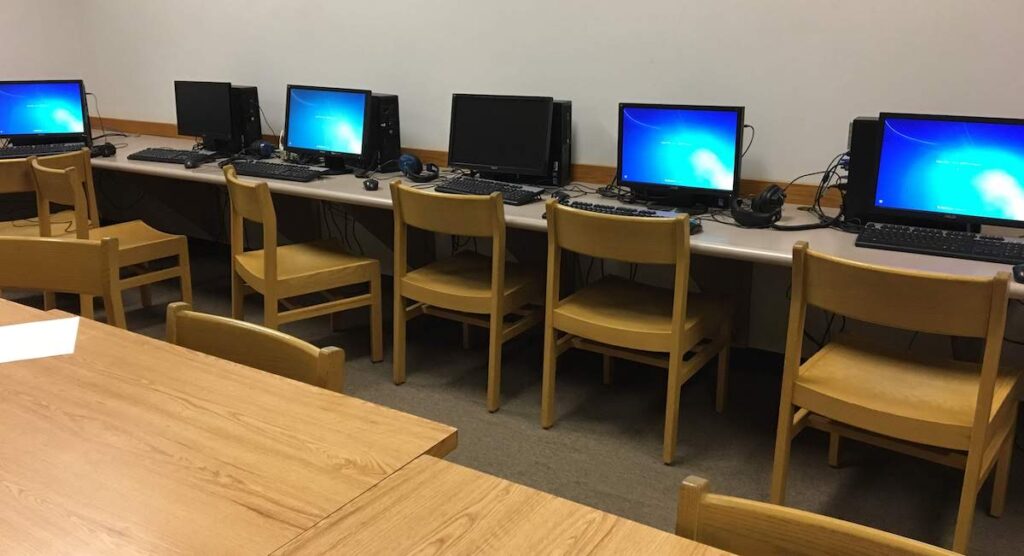
Advancements in the field of technology have proven to be both a blessing and a curse for today’s students. Topics of coding, internet navigation, and old-fashioned typing graze the surface of responsibility for the classroom. Technology educators are presented with the daunting task of not only showing the possibilities and the personalization of learning but also navigating the ever-changing and perilous online world.
Art
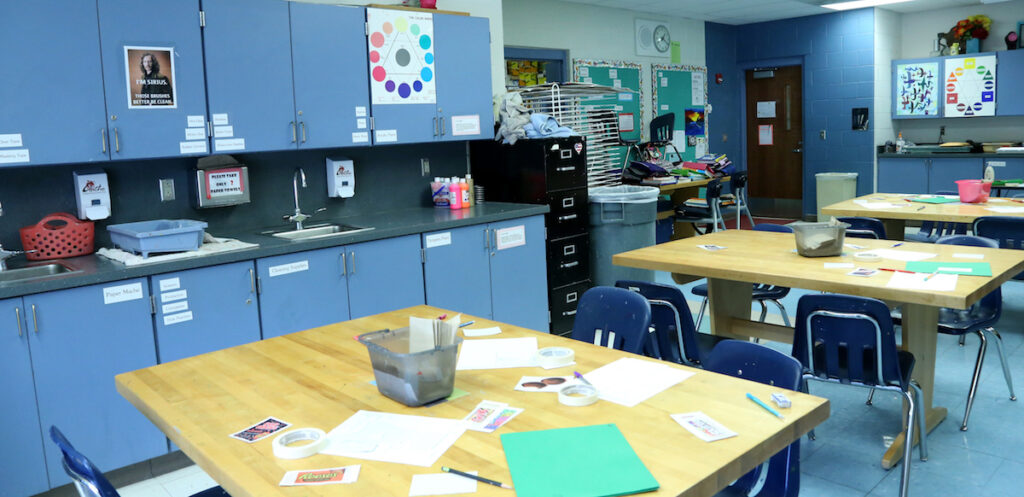
Finally, as art teachers, we know the essential value of what we do. We could talk all day about why art education is not just “special,” it is fundamental. Without the creative connections afforded to today’s students through art education, we would have less motivated learners. Years of research show art is linked to almost everything we as a nation say we want for our children and demand from our schools: academic achievement, social and emotional development, civic engagement, and equitable opportunity.
But, how do you get your school or district to stop using the title, “Specials,” and start using “Essentials” instead?
1. Make a plan and back it up with some evidence.
Write up a proposal and present it to your colleagues who teach on “Team Essentials.” Get them on board. Chances are they are tired of the title as well. It is almost like a little promotion, even if it is in the title.
2. Set a meeting with your administrator.
Present the plan. Building leadership will be impressed with your thoroughness, teamwork, and solution-oriented response. With them on your side, you will be able to expedite the “Essentials” title and proliferate it building-wide.
3. Replace the title, “Specials,” with “Essentials”—everywhere.
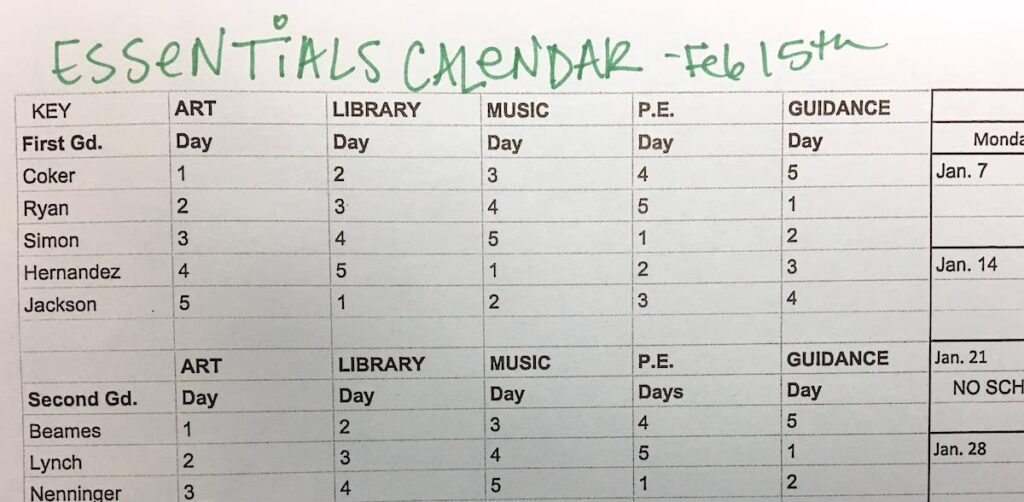
Change it on school calendars, websites, newsletters, meeting agendas, E-mail signatures, etc. Share an email or letter to parents explaining the change and plan. Do a “find and replace” everywhere you can!
4. Use the word yourself and ask other teachers, administration, parents, and students to use it as well.
This can be a big frame shift as the term, “Specials,” is so ingrained in our brains. At the same time, try to be okay with other teachers never calling you an “Essential” and give yourself a break if you slip up.
No arguments here, you are essential in the lives of your students and what you do every day matters more than you may ever know. Changing your title from one thing to another can be a tall order. Yet, the more support and evidence you have on your side, the easier it will be. May you be encouraged to share and change this one small thing for the greater good of your vocation, your colleagues, and your students. Good luck!
How do you feel about the title, “Specials”?
What would prevent you from moving forward with a name change?
Magazine articles and podcasts are opinions of professional education contributors and do not necessarily represent the position of the Art of Education University (AOEU) or its academic offerings. Contributors use terms in the way they are most often talked about in the scope of their educational experiences.
